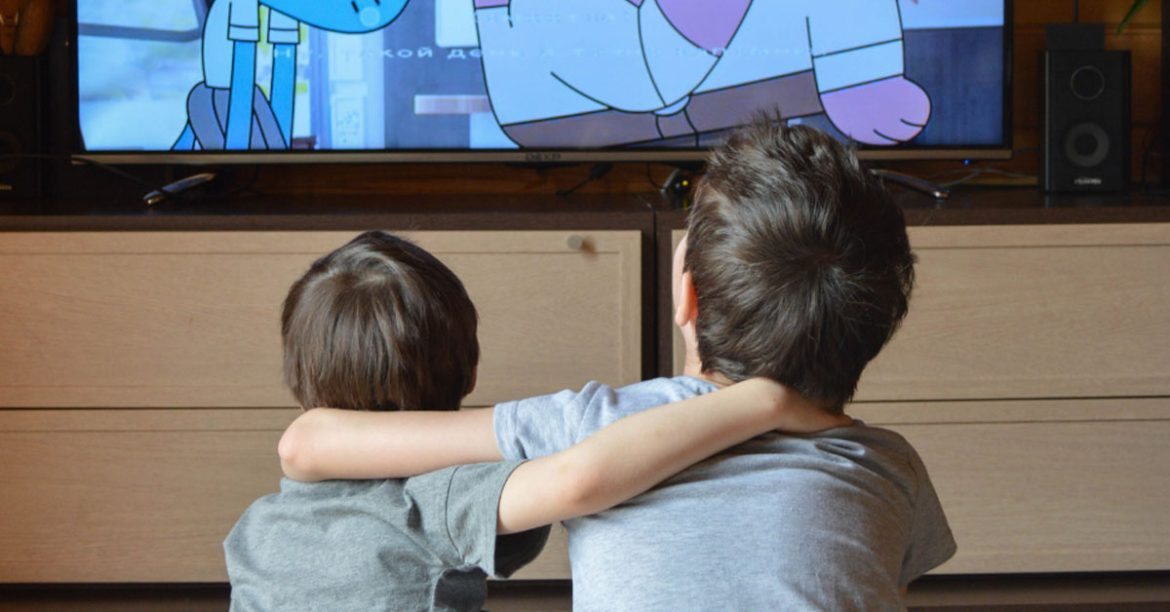- Cocomelon’s Impact on Toddlers: Parents are noticing speech delays, tantrums, and shorter attention spans in kids who watch Cocomelon, with experts linking it to ADHD-like symptoms due to overstimulation.
- Why It’s Addictive: The show’s ultra-bright colors, rapid camera cuts, and repetitive patterns overwhelm young brains, making real-world experiences feel dull and reducing attention spans.
- How to Break the Cycle: Reduce screen time by introducing sensory toys, audiobooks, outdoor play, and puzzles to engage children in healthier, more interactive ways.
A growing number of parents worldwide, especially in India, are raising concerns about how shows like Cocomelon are affecting their toddlers.
Many are noticing alarming changes—kids glued to screens, struggling with speech delays, throwing tantrums when the TV is off, and displaying shorter attention spans.
One mother shared that her two-year-old needed speech therapy because of excessive screen exposure. But the issue goes beyond speech delays.
Experts warn that hyper-stimulating shows like Cocomelon could be contributing to attention deficit issues, making it harder for children to focus on everyday tasks.
The Science Behind the Addiction
So, what makes Cocomelon so addictive? The answer lies in its design and music.
- Overloaded Colors: The ultra-bright, high-contrast visuals overwhelm young brains, making real-world experiences seem dull.
- Rapid Camera Cuts: Scene changes happen every one to two seconds, mimicking the quick dopamine hits from short-form content like Instagram reels.
- Repetitive Patterns: Toddlers are wired to enjoy repetition, and Cocomelonexploits this with endless loops of songs and animations.
Over time, this type of overstimulation can rewire a child’s developing brain, making it difficult for them to engage in slower, real-world activities like playing, reading, or even holding conversations.
More Than Just Tantrums
- Doctors and child psychologists are noticing an increase in:
Speech delays– Kids exposed to too much screen time struggle with verbal communication. - Shorter attention spans– Their brains get used to constant stimulation, making focusing on real-life tasks challenging.
- Restlessness and hyperactivity– Sitting still or playing independently becomes difficult.
- Breaking the Cycle: What Parents Can Do
- If you’re worried about your child’s screen time, here are some simple ways to reduce dependency:
- Sensory Toys– Keep little hands and minds busy with interactive toys.
- Audiobooks & Music – Engages their imagination without screens.
- Outdoor Play – Walks, running, and nature-based activities help balance their energy.
- Puzzles & Games – Boosts problem-solving skills and focus.
Your child’s development is worth more than an hour of digital babysitting. Share this with a parent who needs to hear it—let’s make better choices for our kids.
Stay tuned to WOW360.
